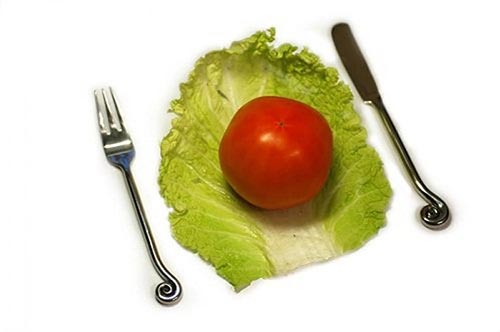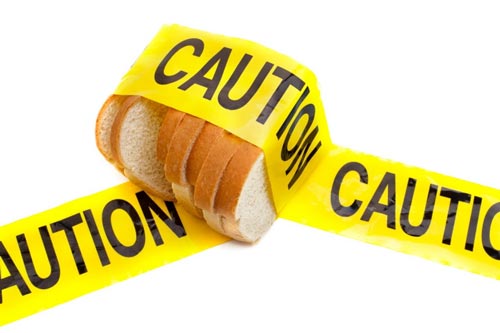Is going on a gluten-free diet the ‘cool new eating disorder’? According to a quote from the actress Jennifer Lawrence in the November issue of Vanity Fair, going gluten-free is solely an excuse to avoid eating carbs. This statement offends the gluten-free community, as most people go gluten-free to treat their celiac disease. However, there has been a recent surge in popularity for endorsing non-medical gluten-free diets because of their advertised health and weight loss benefits. This has prompted mainstream supermarkets to stock their shelves with a plethora of gluten-free snack and meal options. A study conducted by Packaged Facts projects that gluten-free sales will exceed $6.6 billion in 2017.
Despite all this mania, the weight loss share is not guaranteed.
In some cases, packaged gluten-free products can contain more calories than complete gluten products. The key to a successful gluten-free diet is eliminating gluten and staying away from packaged foods, even if they’re labeled gluten-free. Instead, avoid gluten and begin including more vegetables and fruits in your diet. Of course, if you eliminate gluten and skip eating other foods in the interest of losing weight, you’ll be damaging your body by depriving it of necessary nutrients. This situation can apply to any diet plan, not just the gluten-free diet. Any form of extreme dieting or exercise is very harmful to your body.
According to the American Diabetes Association, only about 1% of the population really has celiac disease. The criticism that the gluten-free diet receives from the media tends to hurt those with the disease. To them, it is not a fad. Eating gluten-free is a difficult lifestyle choice they’re forced to make. On a recent episode of South Park’s “Gluten-free Ebola,” the show mocked the diet by making the newfound gluten-free Mr. Mackey boast about how great he feels since eliminating the stuff. This is suitable, because I imagine we all know someone who brags about themselves every time they make a lifestyle change. As with any personal lifestyle choice, it is possibly best not to gloat too manybecause any form of self-righteousness will annoy those around you.

Mr. Mackey may not be completely wrong, as a study has emerged that included 22 participants with irritable bowel syndrome but none Celiac disease who found that eating gluten triggers feelings of current depression. Those with irritable bowel syndrome feel better mentally when they do not eat foods with gluten, even if they still have gastrointestinal symptoms. There are many studies showing a correlation between how a person feels and the food they eat. Along with the potential for weight loss, you may be capable to be happier by not consuming gluten as well.
With the vacation season right around the corner and the New Year just around the corner, you are about to make the first promise of your famous freshman year to turn over a new leaf and stick to a one-off diet. Perhaps, going gluten-free will be on your radar when the ghostly carb past starts to haunt your growing waistline. You’ll be in luck, as many restaurants are now offering gluten-free dishes to appease the growing market. Some restaurants are even appearing utterly gluten free. The McDonald’s chain in the UK is even debating offering gluten-free burger toppings as another menu item. If this is successful, the food chain will soon begin offering gluten-free McDonald’s menu items here in the United States. Whatever your post-holiday diet decision, make sure to proceed with caution, consult your doctor first, avoid extreme media opinion and stay humble.
For more information on gluten free, please visit












